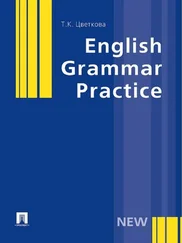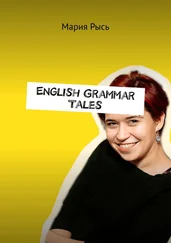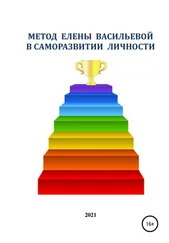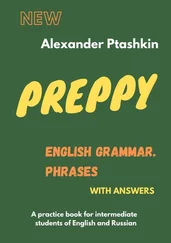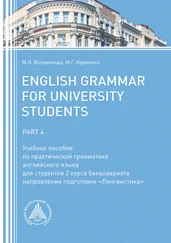It doesn't make any sense.
– questions
Have you got any questions?
Did any of Andrew's friends call him?
– if-clauses
I can lend her my cell phone if there's any need.
If you come across any problems, please, report us.
– statements
Contact any of our assistants.
Any answer will do.
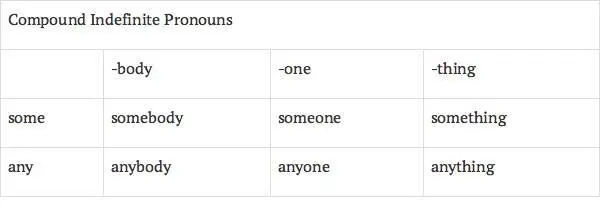
Somebody phoned you ten minutes ago.
Would you like something to eat?
Can we take something to make notes on?
You may invite anyone.
Are they waiting for anybody?
Andrew has not found anything.
RULE 24. Each, Every, Either
each
– only with countable nouns
– refers to two or more things or persons that should be regarded separately and individually
There were cars parked on each side of the street.
She kissed each of her children.
– agrees with a singular verb
There are four apartments in our building. Each of the apartments has its private entrance.
Each item was checked.
– However, if the pronoun eachfollows the plural subject, it agrees with the plural verb.
They each do their share of work.
I have two people in the office and we each have our own email.
every
– only with countable nouns
– refers either to indefinite number of things/persons or to a group of things/persons considered as a whole.
We could see every star in the night sky.
Every player in the team should cooperate.
– with modifiers such as nearly, almost, practically
Olivia knows almost every neighbour.
Practically every problem has practical solutions.
– with time words such as minute, hour, day
There's a bus every ten minutes.
Every morning Andrew goes jogging in the park.
– makes compound pronouns with – body, – one, – thing
Everybody likes presents.
They invited everyone but James and Karen.
Everything 's done by computer nowadays.
Note
the pronoun everyonediffers from the word combination every one.
Everyone is a synonym to everybody and refers only to persons.
Everyone enjoyed the movie.
Every one is a synonym to each one and refers both to persons and things.
He watched a lot of movies and enjoyed every one.
– agrees with singular verb
Every citizen is obliged to observe the constitution.
Each and every one of us has their own opinion.
either
– with countable nouns
– refers to two or more things or persons
There are shops at either end of the street.
Either of these books is useful.
Nick can wear watches on either hand.
Note
the pronoun eitherdiffers from the adverb either,which is used in negative sentences.
If you don't order the dessert, I won't either.
Olivia doesn't know his address, Andrew doesn't know either.
– agrees with a singular verb
Does either of you speak Chinese?
Has either of you two seen Harry?
RULE 25. All, Both
all
– with uncountable nouns and plural countables
– has a generalized meaning
All children need love.
Olivia said good buy to them all.
– the pronoun allagrees with plural verb if it's used with plural countables; if it refers to uncountable nouns, then pronoun allagrees with singular verb.
All the students were ready.
All the milk was fresh.
All the book was torn out.
Note
You may use the whole + nouninstead of all the + noun
when it goes with a singular countable noun.
The whole book was torn out.
– If allprecedes other noun modifiers (the, this, my, etc), then it can be used either as all + noun,or all of + noun.
Andrew invited all his (all of his) friends.
It's important to answer all the (all of the) questions.
Note
Use all ofbefore object pronouns, but just allafter them.
Andrew invited all of them (them all).
All of you (You all) have various questions.
– As the subject it agrees with either singular or plural verb, that depends on the context.
All is well that ends well.
All have gone.
– If the subject is a personal pronoun, then allis put between and the verb.
We all decided to dinner out the next day.
They all skate in winter.
– If there is a linking verb, an auxiliary or modal one, then allgoes after the first verb.
We are all here.
They have all seen the movie.
You should all take part in this conference.
Note
Allis quite often substituted by comounds everybody, everyone, everything.
All are happy. => Everyone is happy.
All is ready. => Everything is ready.
both
– with plural countables
– refers to two persons or things
I like both (ties).
Both (applicants) are equally experienced.
Читать дальше




